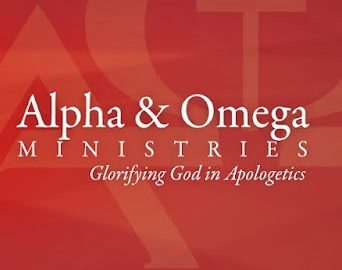One of the issues that will take center stage in Orlando will be the nature of modern scholarship. As those of you know who have read The Same Sex Controversy, an entire body of “scholarship” has arisen over the past few decades in support of any number of competing (and often self-contradictory) theories regarding what the Bible “really teaches” about homosexuality. You can always cite “Dr. So-and-so” who says “this word doesn’t have anything to do with homosexuality.” And unless one can engage those assertions in the text itself (as Jeff Niell and I did, and as many others have done in other fine works on the subject) all you can do is trade barbs about your favorite scholars. And so today in a commentary Spong wrote,
Neither evangelicals nor fundamentalists have yet discovered the critical biblical scholarship that has graced the western world for at least the last 200 years. When I last was on a television program with Albert Mohler, it was painfully obvious that he was not in touch with any of the contemporary biblical scholarship of the past century….Evangelicals and fundamentalists like to call themselves conservative Christians, as if there is something called conservative or liberal scholarship. There isn’t. There is just competent and incompetent scholarship.
Now, I can assure Bishop Spong that Al Mohler is quite familiar with “contemporary biblical scholarship.” In fact, I would be willing to bet Mohler knows a hundred fold more about Spong’s favorite contemporary writers than Spong does about Mohler’s. In fact, unless I’m just completely misreading his own statements, I can’t imagine Spong investing much time reading anyone he would consider a “conservative” at all. His disdain for anything that remotely smacks of his “fundamentalist” upbringing is just too strong. But in any case, the only way we will be able to determine what is competent and non-competent scholarship in the debate will be simple: who can engage the texts consistently without overthrowing the entirety of the worldview of the authors themselves?
At the end of his article Spong writes, “I do not believe that any prepositional statement about God can be literally true.” Something tells me we have spell-check theology here: I think he probably meant “propositional.” If so, could a propositional statement about the impossibility of propositionally true statements about God be itself true? You truly wonder at times.



